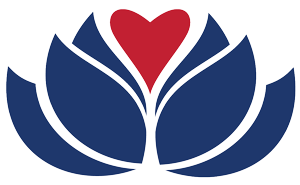The Adolescent Workforce Development Program provides educational and career training, GED & Basic Literacy services, Vocational/Technical Training, and support services to court-involved 16–19 year old youth.
Our program designed to provide young people with the skills and knowledge they need to enter the workforce and succeed in their careers. The program typically focuses on providing training and education in areas such as job readiness, career exploration, and job-specific skills.




